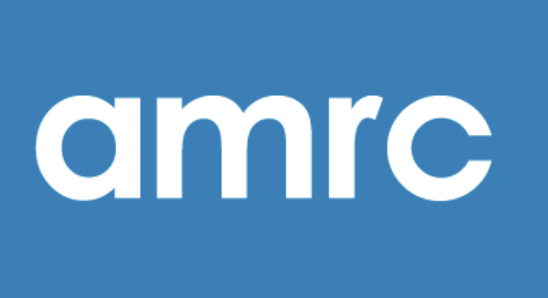The challenges faced by organisations regarding donor management have increased under the strain of a global pandemic and the landscape looks very different from two years ago. The market is competitive, and donors are seeking more personalised, omnichannel experiences that give them peace of mind that their donation is valued and being spent wisely.
Technology can play a pivotal role in helping not-for-profit organisations to achieve efficiencies to enable smarter working and more effective use of funds. But equally as important is that it allows them to better understand donors so that they can engage with them in a more meaningful way and to meet their needs.
Using donor behaviour insights to maximise opportunities and reduce income loss
Not-for-profit organisations trying to attract, retain and increase revenue from donors is no different to any business trying to achieve the same with customers. Therefore, the approach to utilise Customer Relationship Management (CRM) software is not just smart, but crucial in 2021. Technology offered through app-based cloud solutions such as Microsoft Dynamics 365 deliver real-time insights that allow organisations to understand the donor and react to any behaviour changes that occur.
For instance, if a donor were to reduce or cancel their regular donation, technology solutions provide the facility to set parameters that trigger an action, such as bringing that donor into a different category where relevant marketing activity can be tailored. This means that the donor will immediately feel valued, know that their contribution is appreciated – and that their donation withdrawal or reduction impacts the charity – so any negative effects on income could be negated or minimised with the right communication approach. Data changes such as this can only be identified and addressed with the help of technology.
In a world where money is tighter and donors choose the recipients of their charitable efforts more carefully, this kind of functionality that enables the agility and flexibility to change approach quickly is vital to avoid missing out.
Facilitating flexibility to embrace new donor models
Financial pressures – stemming from austerity but exacerbated by the pandemic – have changed the way some people make donations. Many have moved from regular direct debit-based to more appeal-based donating, or even just ‘as and when’, based on their own financial state. This means charities need access to insights more than ever before, to be able to identify and analyse these new behaviours and capitalise at the right time, as well as develop the right approach to this evolving model.
The smartest solutions provide artificial intelligence capabilities that identify opportunities to targeting donors, based on factors such as previous donation habits and what approach or campaign previously resonated with them. Achieving this sentiment identification and analysis manually would be extremely difficult and inefficient – but also would be subjective – so it’s crucial automation is baked into the chosen solution, which maximises opportunities.
In addition to a changing donation approach, the way in which people get their funds to the charity has evolved significantly. With cash becoming less prevalent and payment platforms such as JustGiving empowering donors to donate quickly, securely and at a level that suits them, having technology that can integrate with these platforms is important.
Microsoft Dynamics 365 can be integrated with a variety of payment platforms, so no opportunities for revenue generation are missed. Plus, with the opportunity for every revenue stream and outgoing fully integrated into the solution design, non-profit organisation leaders can be confident in always having a real-time financial picture, which paints a single version of the truth.
The pandemic has significantly accelerated digital transformation in a wide range of sectors, and the third sector should be no exception to this. Whether it’s facilitating the remote working necessary to keep operations going safely, accessing insights that allow the organisation to continually evolve to meet donor expectations or determining a next best action that enables opportunities for upselling or cross-selling, the importance of technology cannot be underestimated.
In these unprecedented times, utilising intelligent technology to build robust relationships is no longer an option but a necessity.
Ian Robertson is sales and marketing director of BrightBridge solutions
Charity Times video Q&A: In conversation with Hilda Hayo, CEO of Dementia UK
Charity Times editor, Lauren Weymouth, is joined by Dementia UK CEO, Hilda Hayo to discuss why the charity receives such high workplace satisfaction results, what a positive working culture looks like and the importance of lived experience among staff. The pair talk about challenges facing the charity, the impact felt by the pandemic and how it's striving to overcome obstacles and continue to be a highly impactful organisation for anybody affected by dementia.
Charity Times Awards 2023
Mitigating risk and reducing claims

The cost-of-living crisis is impacting charities in a number of ways, including the risks they take. Endsleigh Insurance’s* senior risk management consultant Scott Crichton joins Charity Times to discuss the ramifications of prioritising certain types of risk over others, the financial implications risk can have if not managed properly, and tips for charities to help manage those risks.
* Coming soon… Howden, the new name for Endsleigh.
* Coming soon… Howden, the new name for Endsleigh.
Better Society

© 2021 Perspective Publishing Privacy & Cookies











Recent Stories